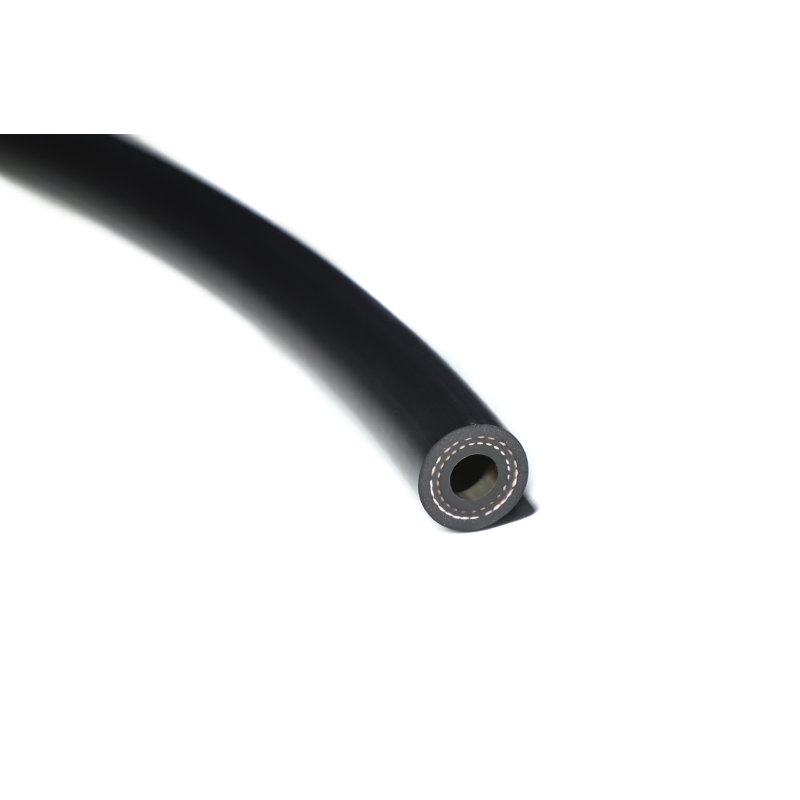Understanding the Functionality of Engine Oil and Coolant Circulation Systems in Vehicles
Oct . 16, 2024 15:45 Back to list
Understanding the Functionality of Engine Oil and Coolant Circulation Systems in Vehicles
Engine Oil Coolant Lines An Overview
Engine oil coolant lines play a crucial role in the functioning and longevity of an engine. They are integral components designed to manage the temperature of engine oil, ensuring optimal performance and protecting engine parts from excessive heat. Overheating is a common cause of engine failure, making the understanding of these lines essential for any vehicle owner or automotive enthusiast.
What are Engine Oil Coolant Lines?
Engine oil coolant lines are specialized hoses or pipes that facilitate the transfer of heat away from the engine oil. They connect the oil cooler, usually located near the radiator, to the engine. In essence, these lines allow engine oil, which lubricates the moving parts inside the engine, to flow through a cooler where it loses heat before re-entering the engine.
Why are They Important?
1. Temperature Regulation Engine oil needs to be within a specific temperature range to function effectively. If the oil gets too hot, it becomes less effective at lubricating engine components, leading to increased friction and wear. Oil that is too cold can also cause problems, as it becomes thicker and unable to circulate efficiently. The coolant lines help maintain an optimal temperature, ensuring that the oil is always in the right state for effective lubrication.
2. Engine Lifespan An engine that runs at high temperatures for extended periods will experience premature wear. By keeping the oil temperature in check, coolant lines help prolong engine life. This not only saves money on repairs but also prevents the hassle of unexpected breakdowns.
3. Turbocharged Engines In turbocharged engines, oil temperatures can rise quickly due to the high speeds and power generated. Coolant lines are even more critical in these situations, as they ensure that the oil remains at manageable temperatures, facilitating safe and efficient operation.
Common Issues with Engine Oil Coolant Lines
Like any other component in a vehicle, engine oil coolant lines can develop issues over time
. Here are some common problemsengine oil coolant lines

- Leaks Over time, rubber hoses can degrade, leading to leaks. A leak in the coolant lines can result in a drop in oil pressure, leading to serious engine damage if not addressed promptly.
- Clogs Dirt, debris, and impurities can accumulate within the lines, leading to clogs that restrict oil flow. This can cause the engine oil to overheat, compromising its protective qualities and risking engine health.
- Corrosion Metal coolant lines are susceptible to corrosion, especially if they come into contact with aggressive engine fluids. Corroded lines can also lead to leaks, exacerbating the issues described above.
Maintenance Tips
Maintaining engine oil coolant lines is critical for ensuring the health of your engine. Here are a few tips
- Regular Inspections Regularly inspect the lines for any signs of wear, leaks, or corrosion. Early detection of problems can save you from more extensive repairs down the line.
- Replace When Necessary If you notice any wear or damage, replace the lines as soon as possible. Rubber hoses have a limited lifespan, and waiting can lead to catastrophic engine failure.
- Flush the System Periodically flushing the engine oil system can remove debris and prevent clogs, keeping the coolant lines clear and functional.
Conclusion
In conclusion, engine oil coolant lines are vital components that significantly affect engine performance and longevity. Understanding their function and maintaining them properly can help you avoid costly repairs and improve the overall reliability of your vehicle. Whether you are a seasoned mechanic or a casual car owner, recognizing the importance of these lines is essential for ensuring your engine operates smoothly and efficiently. Taking proactive steps in their maintenance will go a long way in preserving the health of your engine.
